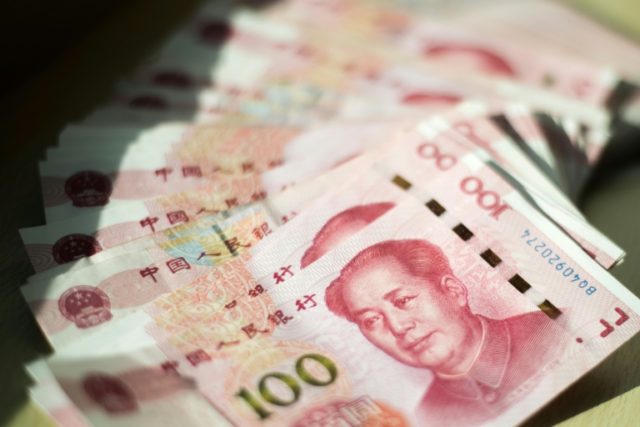China confirmed this week that its government has written off almost $80 million in debt from Cameroon following pressure from Chinese journalists who uncovered the deal.
Chinese Foreign Ministry spokesperson Hua Chunying confirmed to CNN in a report published Tuesday that Beijing “agreed to waive the interest-free inter-governmental debt that Cameroon had not paid back by the end of 2018.”
The two sides struck the deal when Chinese diplomat Yang Jiechi traveled to Cameroon for a meeting with President Paul Biya last month. Neither government issued any sort of public statement about debt forgiveness, but Chinese reporters sussed out the arrangement, initially assuming Cameroon’s entire $5.2 billion in debt had been waived by Beijing.
Prompted by this news report, the Chinese government admitted the existence of the deal in order to correct the record about how much debt it forgave:
That debt was worth $78.4 million. Cameroon’s total debt is 5.8 trillion Central African CFA francs ($10 billion), about a third of which is owed to China, according to the International Monetary Fund.
Great powers usually make a big deal about forgiving debt from developing countries – might as well get some good P.R. from the millions of dollars lost – but China kept this particular gift quiet because there is growing political resistance to African loans back home. As the Chinese economy weakens and poverty persists in rural areas, Chinese citizens increasingly complain about vast sums sent abroad, and they worry about what might happen if a cascade of Chinese debtors decided to stop making their loan payments.
Cameroon is a particularly controversial investment because it has been growing more unstable. It has a persistent terrorism problem from the Islamic State-aligned Boko Haram and secessionists attempting to carve an entirely new country called “Ambazonia” from its English-speaking regions, human rights violations and corruption are rampant, and Biya is a flaccid 85-year-old strongman who has been in power for 35 years and has evidently grown tired of Cameroon given how much time he spends elsewhere.
China has already forgiven over $90 million of Cameroon’s debt, in part because it covets the country’s gold mines and the deep-water port of Kribi, through which minerals and oil will hopefully someday flow as part of China’s Belt and Road infrastructure project. Cameroon’s inability to repay the massive loans extended for this project is increasingly difficult to ignore, to the dismay of Chinese citizens and investors.
Chinese strategists hoping to use “debt trap” diplomacy to seize valuable real estate when Cameroon defaults are much happier with the situation. The trick is to keep Cameroon solvent long enough to cement China’s hold on the gold mines and port facilities while suppressing the separatists, who will almost certainly decide not to bring billions in Chinese debt with them if they decamp to Ambazonia.
The Trump administration surprised many observers by making an early and strong commitment to Africa, in part because of the terrorist threat from Boko Haram, Somalia’s Al-Shabaab, and the endless security nightmare of post-Obama Libya, but also to counter growing Chinese influence on the continent.
Warnings about China’s predatory trade practices have been a tough sell to African leaders delighted to see billions of dollars flowing into their economies, although sometimes the population is less enthusiastic about Chinese projects than their ruling class. Frankly, the aging leaders of disintegrating countries like Cameroon probably do not lose much sleep over the prospect of losing a city here and there to Beijing a few years down the line in exchange for boatloads of cash today and infrastructure projects that enhance their standing with restless populations.
This is especially true when the population does not know the exact terms of the deals their leaders strike with Beijing, as in the case of Cameroon’s backstage debt relief. Quartz noted on Tuesday that the gap between African elites and their people is growing, and the public seems to have a longer memory about colonialism that the bureaucrats who cash China’s checks.
“We don’t know how much we owe; we don’t know the terms,” Kenyan economist Anzetse Were complained to Quartz, noting that such opacity makes it difficult for voters to judge the actions of their government or properly assess the dangers of doing business with China.
With Chinese firms beginning to speak of billion-dollar losses on African infrastructure projects, the day of reckoning for African debtors may be coming sooner than they expected – at which point they will discover those vaguely-worded loan packages give Beijing a lot of latitude to decide what it wants, once it is no longer willing to waive hundreds of millions of dollars in bad debt.

COMMENTS
Please let us know if you're having issues with commenting.